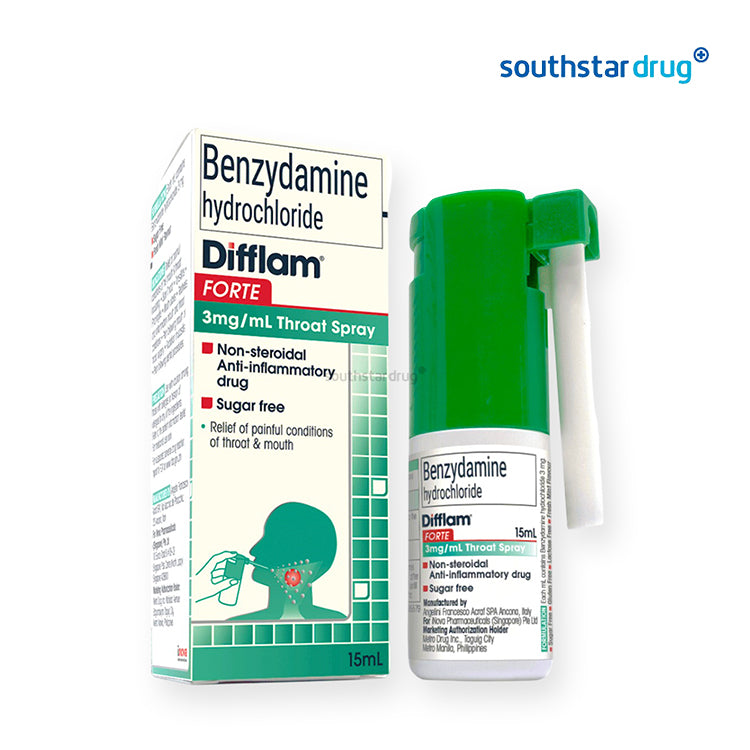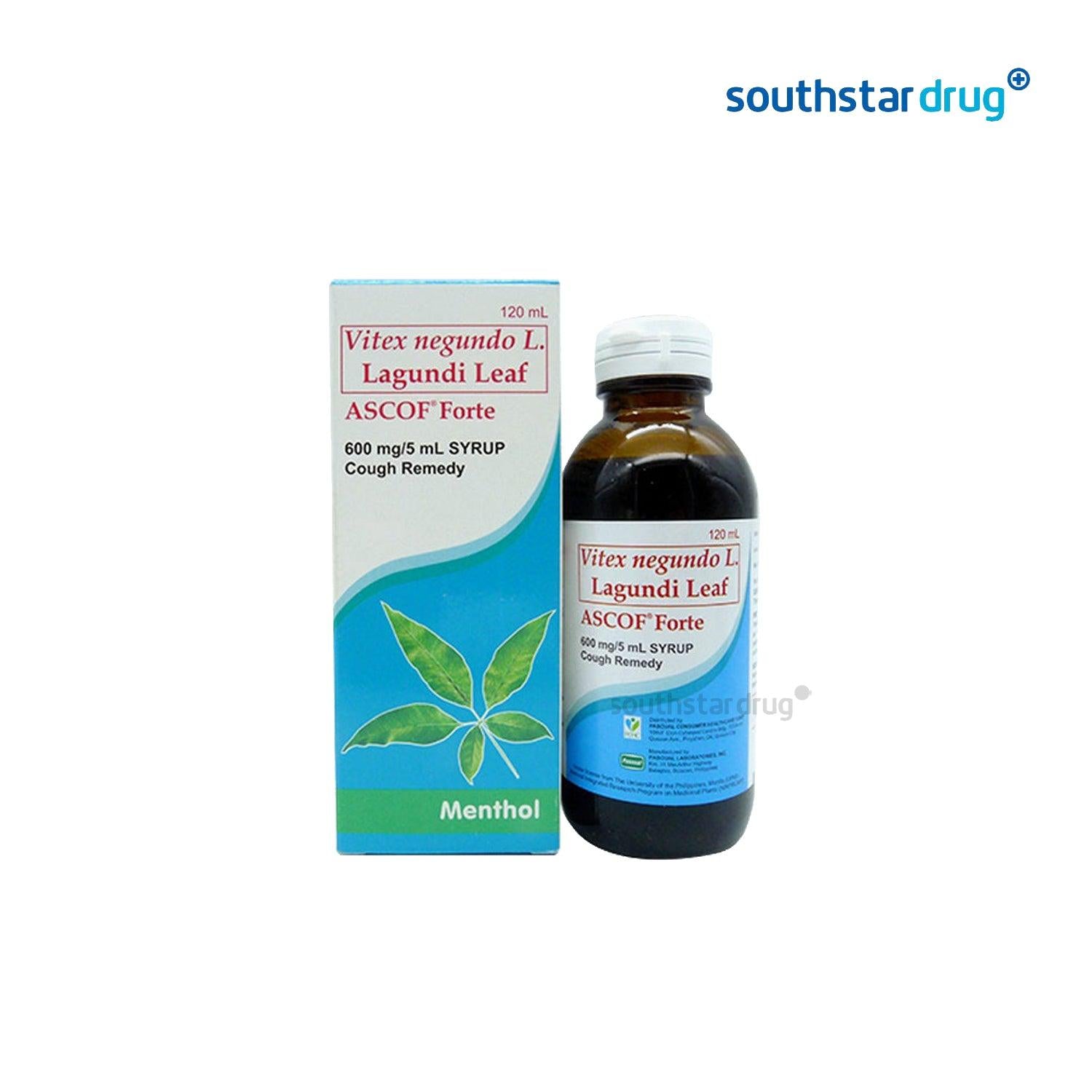Every year, National No Smoking Month, observed in June, serves as a crucial reminder of the health risks associated with smoking and the importance of quitting. This month-long event aims to educate individuals about the dangers of tobacco use and provide support and resources to those looking to kick the habit. Whether you're a long-time smoker or just starting to feel the adverse effects, now is the perfect time to take action. Here are some effective tips on how to quit smoking, prevent relapse, and ensure your lungs stay healthy through regular check-ups and medication.
Why Quit Smoking?
Smoking is one of the leading causes of preventable death worldwide. It’s linked to numerous health issues, including:
Lung cancer: The leading cause of cancer death, with smoking responsible for about 85% of cases.
Heart disease: Smokers are at a higher risk of heart attacks and strokes.
Chronic obstructive pulmonary disease (COPD): Smoking damages the airways and the small air sacs in your lungs, leading to COPD.
Respiratory infections: Smoking weakens your immune system, making you more susceptible to illnesses like pneumonia and bronchitis.
Tips on How to Quit Smoking
Set a Quit Date: Choose a date within the next two weeks to quit smoking. This gives you enough time to prepare without losing your motivation.
Identify Triggers: Determine what situations, activities, or emotions make you want to smoke. Avoiding these triggers or finding alternatives can help reduce cravings.
Use Nicotine Replacement Therapy (NRT): NRT products, such as nicotine gum, patches, lozenges, and inhalers, can help reduce withdrawal symptoms and cravings.
Prescription Medications: Consult with your doctor about medications like bupropion (Zyban) or varenicline (Chantix) that can help you quit smoking.
Seek Behavioral Support: Counseling and support groups can provide emotional support and strategies to cope with cravings and triggers.
Stay Active: Physical activity can help reduce nicotine cravings and ease withdrawal symptoms. It also helps prevent weight gain, which is a common concern for those quitting smoking.
Stay Hydrated: Drinking plenty of water can help flush nicotine and other toxins from your body and reduce withdrawal symptoms.
Reward Yourself: Celebrate your milestones. Use the money you save from not buying cigarettes to treat yourself to something special.
Prevention and Regular Lung Check-ups
Preventing relapse is an ongoing process. Here are some strategies to help you stay smoke-free:
Avoid Alcohol and Other Triggers: Many smokers relapse when they drink alcohol. Try to limit your alcohol intake, especially in the early stages of quitting.
Stay Busy: Keep your hands and mind occupied. Hobbies, exercises, and learning new skills can distract you from the urge to smoke.
Stay Positive: Focus on the benefits of quitting, such as better health, more energy, and saving money.

Regular lung check-ups are essential, especially if you are a former smoker. Early detection of any lung-related issues can significantly improve treatment outcomes.
Discuss with your healthcare provider how often you should have your lungs checked.
National No Smoking Month is a time to take charge of your health and make a positive change. Quitting smoking is challenging, but with the right tools and support, you can succeed. Remember to set a quit date, use NRT or medications, seek support, and have regular lung check-ups to ensure your lungs stay healthy. Celebrate your progress and enjoy the numerous benefits of a smoke-free life. Start your journey today and breathe easier tomorrow!
SOURCES:
https://www.lung.org/
https://www.cdc.gov/heartdisease
https://www.mayoclinic.org/diseases-conditions/copd
https://www.nih.gov/
https://www.fda.gov/
https://www.smokefree.gov/
https://www.cancer.gov/
https://www.thoracic.org/
https://www.cancer.gov/
https://www.thoracic.org/











